Compostable Metalised Laminate
Pouch Direct’s compostable Plantmade™ laminate with a metallic finish is home compostable and made from a blend of materials derived from Plant-based products. It has a high barrier to both oxygen and moisture and is suitable for use across a number of different industry applications.
Compatible Style

Stand Up Pouches

Three side seal

Flat Bottom Pouches

Side Gusset Bags
Quad seal Bags

Pillow Pouches

Spout Pouches
Compatible Style
- Rotogravure
- Digital
- Static
- Sticker (Label)
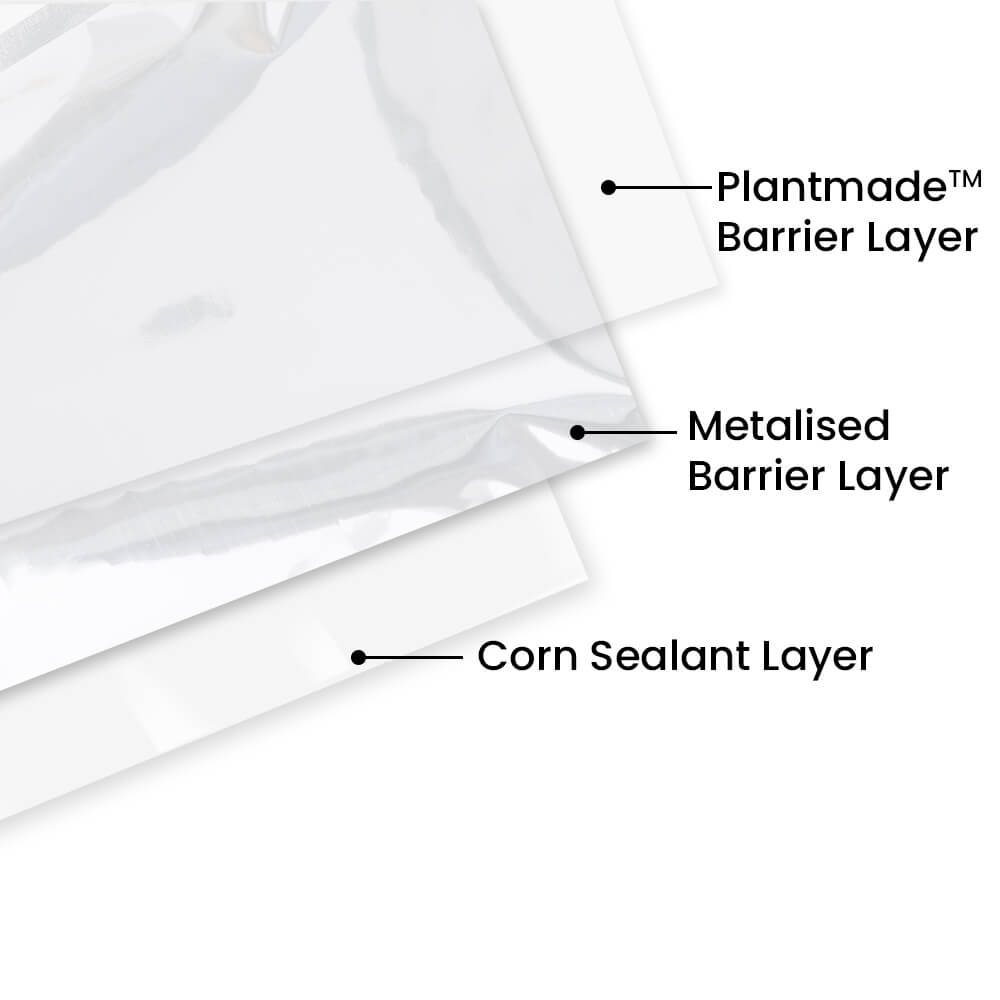
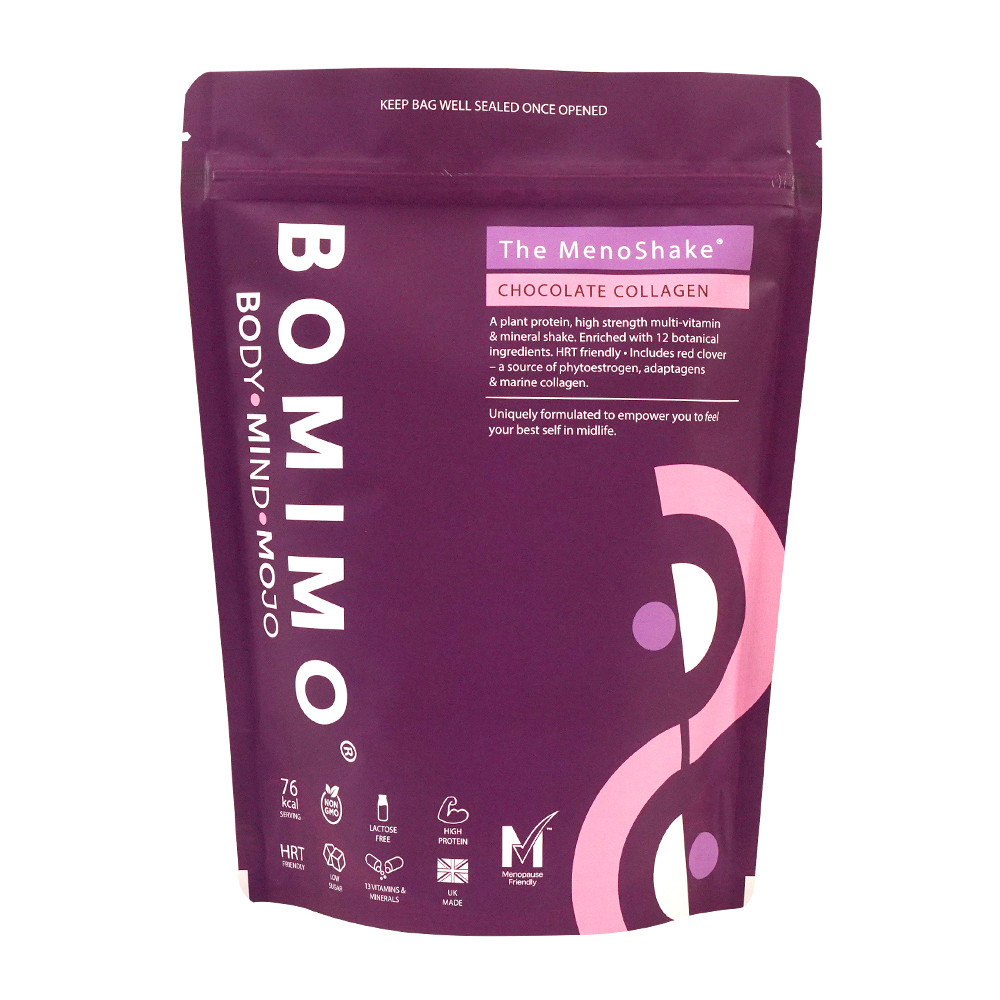
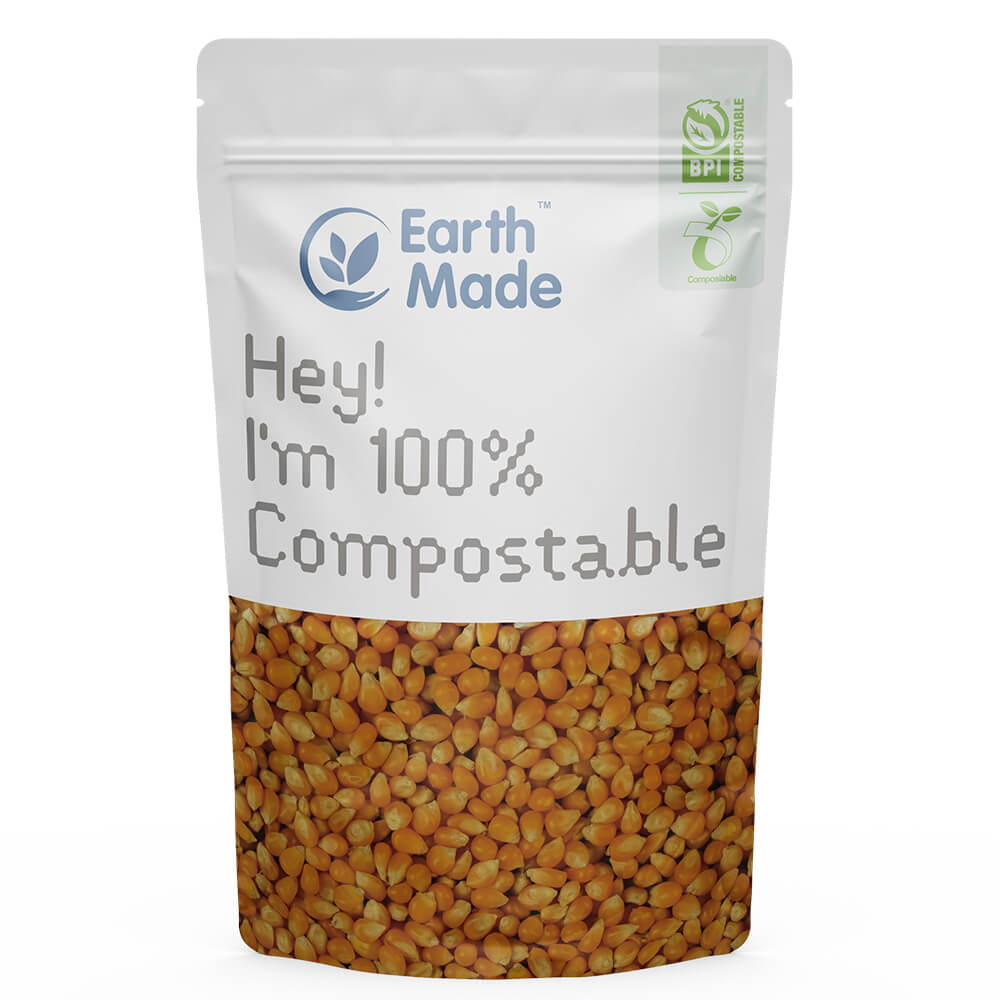
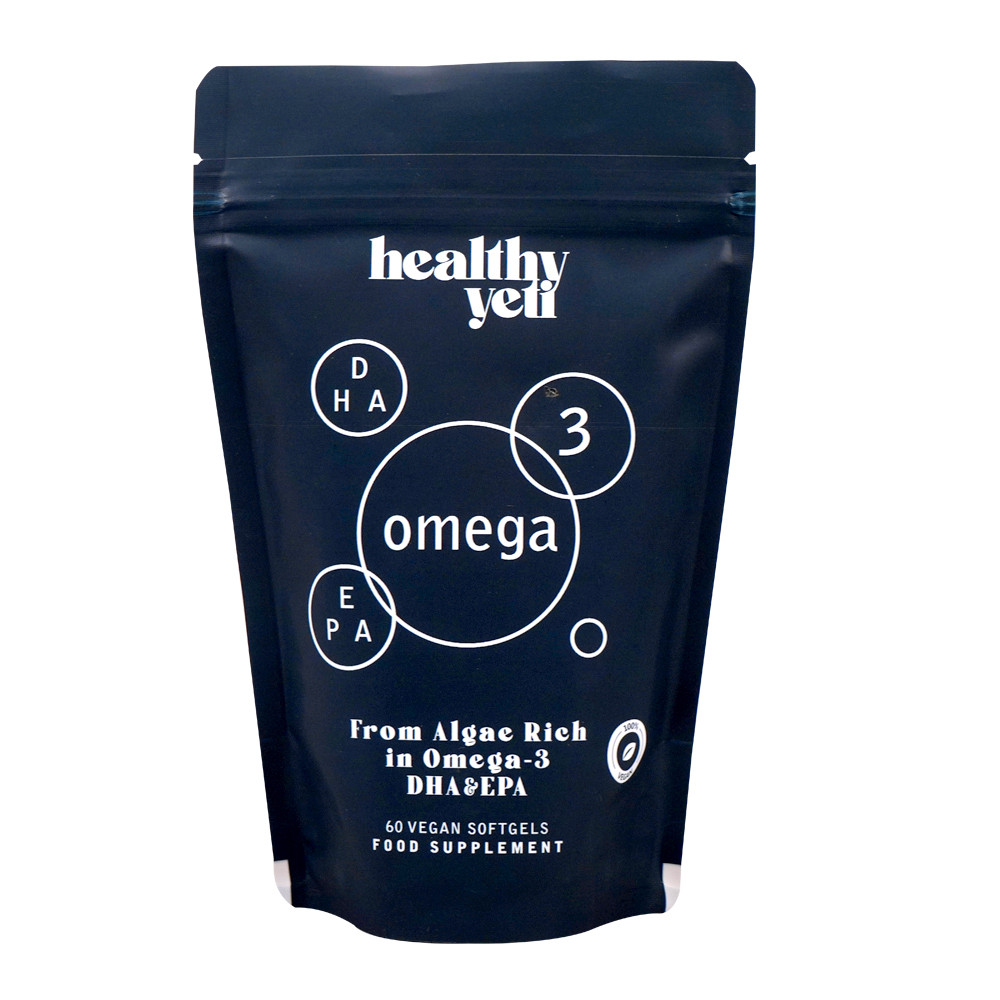
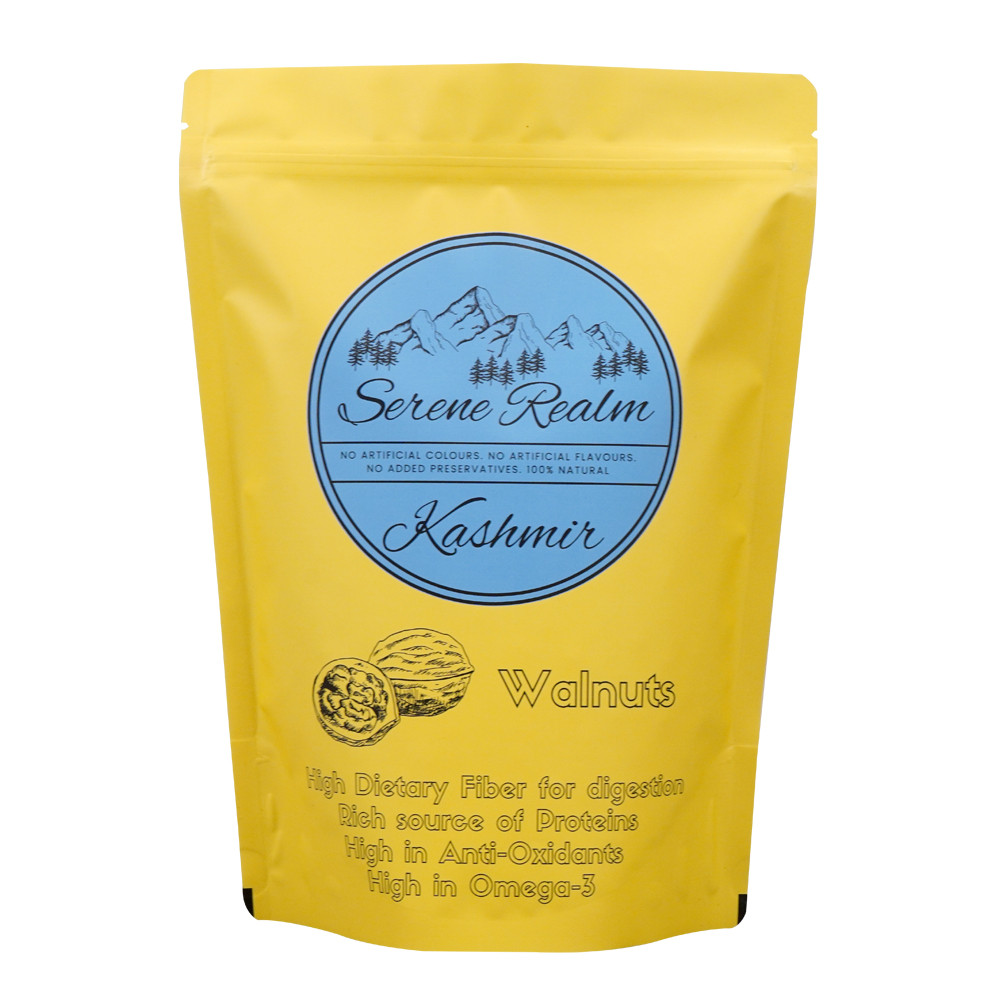
Sustainability Properties

Industrial Compostable
Biodegrades under industrial composting conditions into organic biomass

Home Compostable
Biodegrades under home composting conditions into organic biomass

Fossil fuel reduction
Reduces the amount of virgin fossil fuel content

Renewable materials
Made from regenerative materials grown on responsibly-managed plantations

Nontoxic Inks
Water or biobased inks than do not require petroleum-based solvents
Considerations
- Completely compostable (or biodegradable) in both home and industrial compost conditions.
- Does not break down into micro-plastic particles. The use of compostable materials in flexible packaging aids in the development a functioning circular economic system. This is particularly important in flexible packaging as it is an area that is very challenging for mechanical recycling.
- The increased use of compostable materials creates market demand that will lead to the development of important composting infrastructure
- Reduces reliance on fossil fuels and increases the use of renewable plant-based materials.
- Promoting the development of a composting waste stream also helps to address the problem of the excess waste to the landfill (in the form of food scraps) which has a significant contribution to greenhouse gas emissions.
- More expensive than traditional virgin plastic materials
- A majority of compostable materials are hygroscopic, meaning they and have a tendency to take on moisture. This means that they have limited shelf-life for products with high moisture or oil content
- Despite the exciting opportunity compostable films and laminates represent to develop a productive circular economy, currently rates of composting are low
- If compostable bioplastics end up in a landfill, over time they will generate methane, a greenhouse gas far worse for the environment than carbon dioxide
- There is a lot of misinformation in relation to compostable materials and they lack universally-accepted labelling and certification standards
Sustainability Properties
Can compostable packaging hold liquids and oils?
Generally speaking, compostable materials are not compatible with wet or oily products over a long period. In certain applications they can work for products with short shelf-life requirements (~4-6 weeks).
Do your compostable materials leave any micro-plastics behind after biodegrading?
No they don’t. Our materials are certified compostable which means that they’ve passed thorough biodegradation testing to ensure they completely biodegrade into healthy organic matter.
Can compostable products and materials be recycled?
Compostable materials are designed to be composted and unfortunately that means they cannot be mechanically recycled. Although commercial composting systems are not currently widely available on a kerbside basis this is changing rapidly and so too is the rate of home composting.
How do I compost your products?
Composting is an essential part of a functioning circular economy. We’ve broken down all the basics in our How to Compost blog post.
Are these materials certified compostable?
All of Pouch Direct’s compostable films and laminates are certified compostable, including any valves and zippers. For further information please visit our Certifications page.
How long does it take to compost or biodegrade?
The time it takes a product to biodegrade depends on the conditions of the composting environment. Industrial or commercial compost facilities run at higher temperatures and certification protocol requires materials to biodegrade within six months. Home composts are more variable and depend on external factors such as temperature, humidity and how often they’re turned. Home compost certification requires materials to biodegrade within 12 months at a temperature around 30°C. For more information check out our certifications page.
Are your compostable and bio-based recyclable products plastic free?
This is a great question and the answer is nuanced. They don’t contain plastic as most people know it but they are made from bioplastic, which is technically a type of plastic. Grounded has a range of bioplastics that are made using our compostable Plantmade™ technology.
